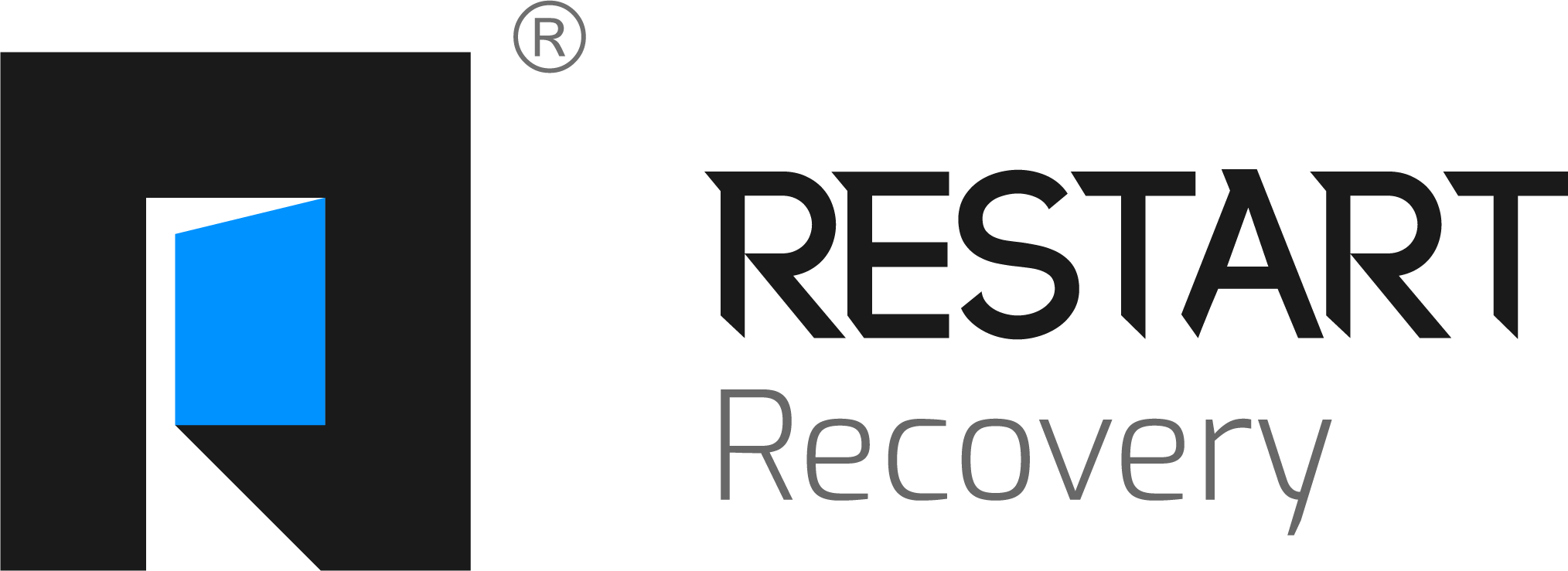What is NAD Treatment?
- Yasmin Maghsoudloo
- Apr 29, 2025
- 3 min read

What is NAD Treatment?
NAD (Nicotinamide Adenine Dinucleotide) treatment is a relatively new and innovative approach used in various areas of health and wellness, especially in addiction recovery, mental health, anti-aging, and overall brain function. NAD is a coenzyme found in all living cells and plays a critical role in the body’s energy production and DNA repair processes. NAD levels naturally decline with age or through substance abuse, leading to symptoms like fatigue, cognitive decline, and reduced ability to recover from addiction. NAD therapy restores these levels and supports the body’s natural healing processes.
Here’s a closer look at NAD treatment, its benefits, and how it works.
What is NAD?
NAD is a vital coenzyme that plays a major role in several bodily functions:
Energy production: NAD helps in converting food into energy by supporting metabolic processes in the mitochondria, the powerhouses of cells.
Cellular repair: It is crucial for DNA repair and the proper functioning of cells, which is important for healthy aging and protecting against damage.
Brain health: NAD supports neurotransmitter function and cognitive processes, making it essential for mental clarity and overall brain health.
NAD levels decline naturally with age and due to chronic stress, poor diet, excessive alcohol use, or drug abuse. This depletion contributes to various health issues, including cognitive decline, mood disorders, and addiction cravings.
How Does NAD Treatment Work?
NAD treatment typically involves administering high doses of NAD directly into the bloodstream through intravenous (IV) therapy. This allows for the coenzyme to be absorbed quickly and effectively by the body, bypassing the digestive system, where oral supplements are often broken down and rendered less effective.
The treatment is usually administered over a course of several days, with each session lasting 4 to 8 hours, depending on the dosage and the individual's needs. Some clinics also offer NAD therapy as part of a comprehensive treatment plan, combining it with counseling, physical therapy, and other wellness practices to enhance overall recovery.
Key Benefits of NAD Treatment
Addiction Recovery Support One of the most popular uses of NAD treatment is in the field of addiction recovery. Research suggests that NAD can help reduce cravings and withdrawal symptoms for people detoxing from alcohol, opioids, stimulants, and other drugs. By replenishing depleted NAD levels, the body can better repair brain cells and restore normal functioning, which helps ease the recovery process.
Improved Brain Function is vital for cognitive function, including memory, concentration, and mental clarity. By boosting NAD levels, individuals often report improvements in focus and mental sharpness. NAD therapy can also aid in slowing down or preventing neurodegenerative conditions like Alzheimer’s disease.
Anti-Aging and Cellular Repair NAD is involved in the repair of DNA and the maintenance of healthy cells. As we age, these processes become less efficient, contributing to the aging process. NAD therapy is often marketed as an anti-aging treatment due to its potential to repair damaged cells, increase energy, and improve skin health by promoting cellular rejuvenation.
Increased Energy Levels Since NAD is crucial for energy production at the cellular level, restoring its levels helps boost energy and reduce fatigue. Individuals undergoing NAD therapy frequently report feeling more energized and less tired, with some even describing a noticeable increase in physical stamina.
Mental Health Support NAD treatment has shown promising effects in treating mental health conditions such as depression, anxiety, PTSD, and even chronic stress. By enhancing brain health and promoting better neurotransmitter function, NAD can help stabilize mood and improve emotional well-being.
Is NAD Therapy Right for You?
While NAD treatment offers various benefits, it may not be the ideal solution for everyone. Consulting with a medical professional is crucial before starting any treatment plan, especially for individuals with pre-existing medical conditions or those undergoing addiction recovery. NAD therapy is often used as a complementary treatment rather than a standalone solution, meaning it’s typically combined with other therapeutic methods like cognitive behavioral therapy, counseling, or medical treatments.
Conclusion
NAD treatment is a promising and cutting-edge therapy that has gained attention for its role in addiction recovery, anti-aging, mental health, and overall wellness. By replenishing NAD levels, individuals can experience improvements in energy, cognitive function, cellular repair, and mood. If you or a loved one is considering NAD therapy, be sure to consult with a healthcare professional to see if it fits your health and wellness goals.
For more information about NAD treatment or to explore your options for incorporating it into your recovery plan, feel free to contact our center or schedule a consultation today.
This blog is intended to offer general information about NAD therapy and its potential benefits. Always seek personalized advice from a licensed medical professional before beginning any new treatment regimen.





Comments